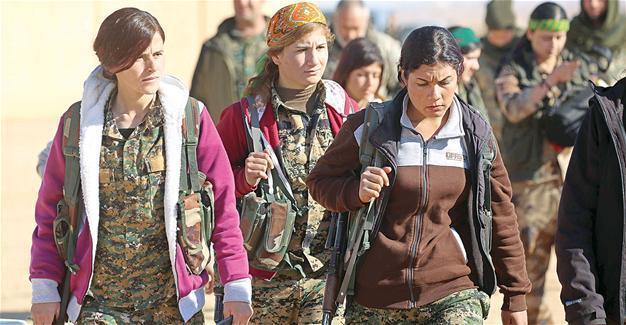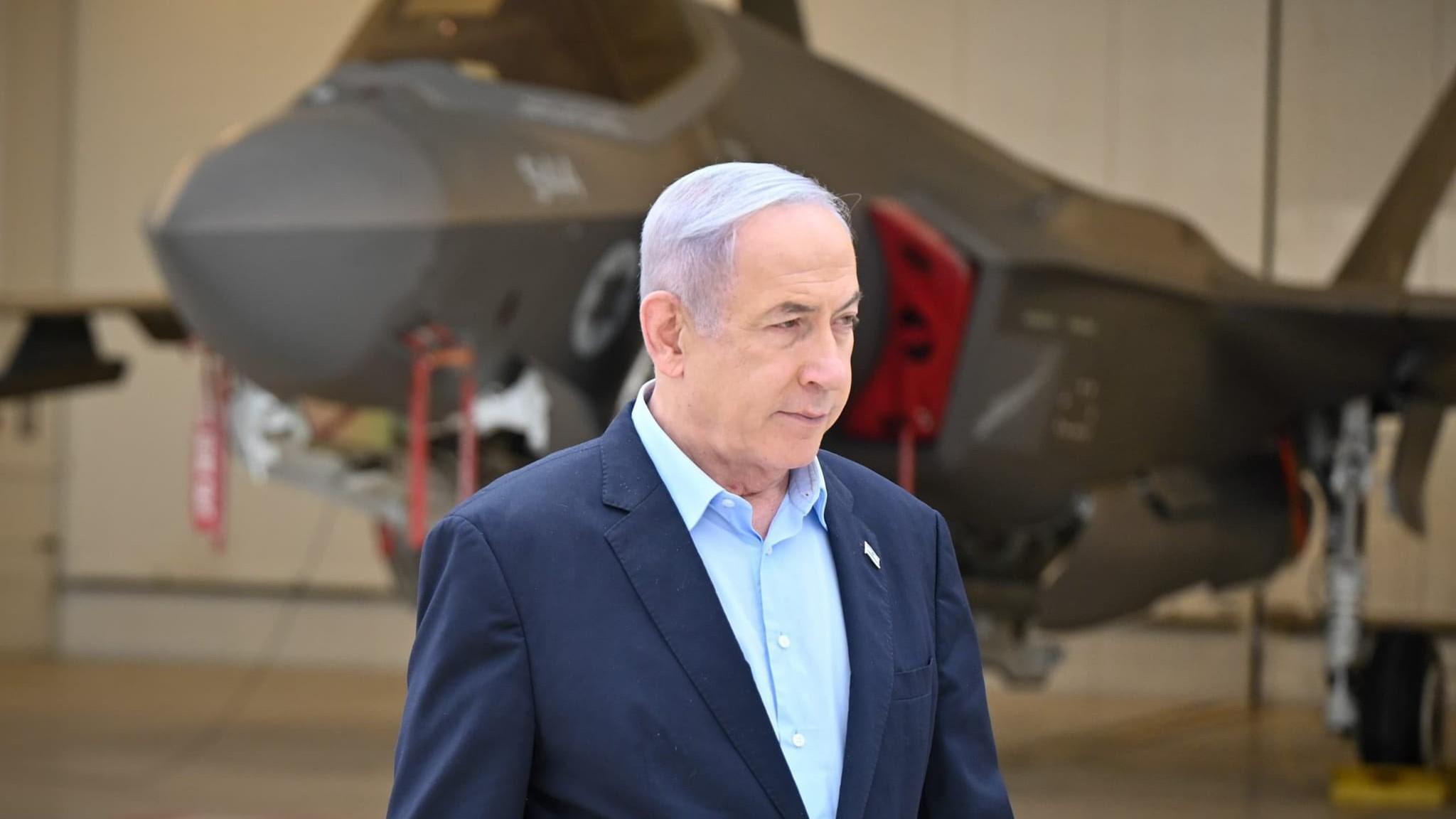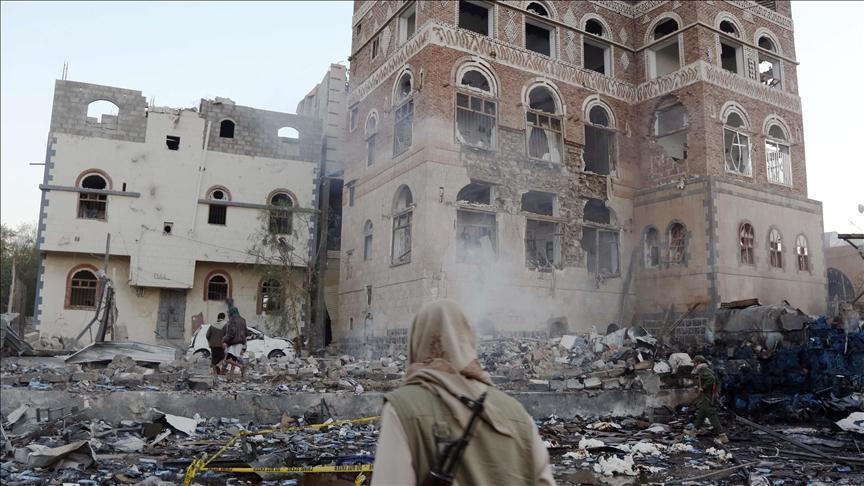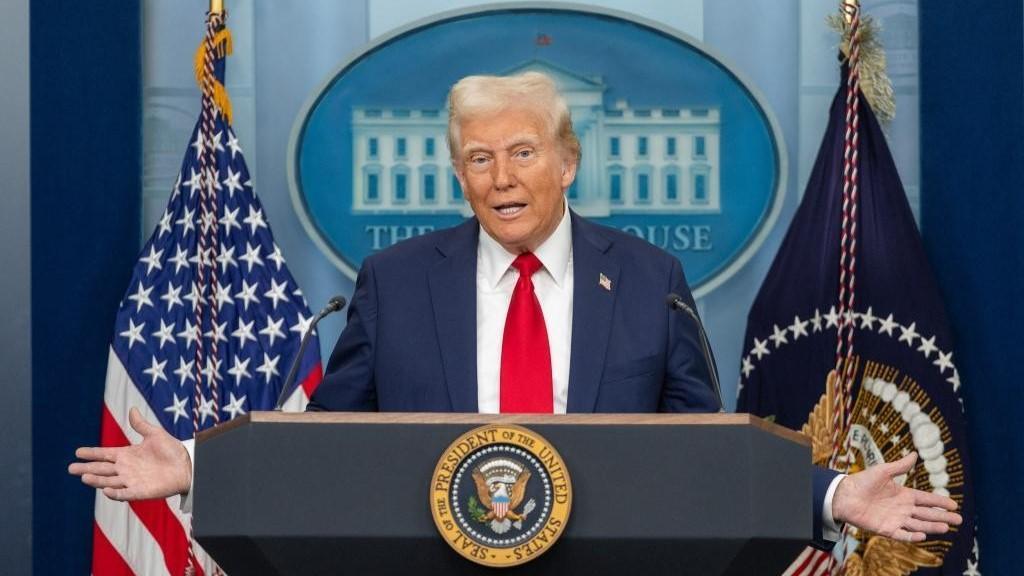Turkish soldiers in key Syrian town Bab: Group
BEIRUT
 The Turkish army and its allies entered the Islamic State of Iraq and the Levant’s (ISIL) bastion of al-Bab in northern Syria on Dec. 10, the Syrian Observatory for Human Rights monitoring group said.
The Turkish army and its allies entered the Islamic State of Iraq and the Levant’s (ISIL) bastion of al-Bab in northern Syria on Dec. 10, the Syrian Observatory for Human Rights monitoring group said.“They entered al-Bab from the northwest after violent clashes with the jihadists as Turkish artillery bombarded the town,” the observatory’s Rami Abdel Rahman said, according to AFP.
Heavy fighting was ongoing late Dec. 10 in the town near the Turkish border, he said.
Al-Bab, which has been under ISIL control since 2014, is the last bastion the group has in northern Aleppo province.
In August, Turkish troops entered northern Syria in an operation dubbed Euphrates Shield, which Ankara says targets both ISIL and the Syrian Kurdish People’s Protection Units (YPG), the military wing of the Syrian Kurdish Democratic Union Party (PYD), both of which Turkey regards as terrorist organizations due to their links to the outlawed Kurdistan Workers’ Party (PKK).
Turkish forces first came close to al-Bab in November.
State-run Anadolu Agency reported Dec. 9 that a total of 300 Turkish commandos would join Turkey’s Euphrates Shield operation.
The Turkish Armed Forces said Dec. 11 that a total of 12 ISIL militants had been killed on the 110th day of the operation, while 26 ISIL targets were also destroyed.
While nine of the jihadists were killed in three regions near al-Bab in Turkish air strikes, three of them were killed in al-Bab with an armed drone, the military said.
It added the Turkish army dropped leaflets over al-Bab, asking them to evacuate places where ISIL militants are found.
US-backed alliance announces ‘phase two’ of Raqqa campaign
The new step on the offensive of al-Bab came on the same day as a U.S.-backed Arab-Kurdish alliance announced “phase two” of its campaign for ISIL’s de facto capital of Raqqa, which lies to the southeast of al-Bab, as Washington said it was sending 200 more troops to back the offensive.
The Syrian Democratic Forces (SDF) will “begin phase two of the campaign, which aims to liberate territory west of Raqqa and isolate the city,” SDF spokeswoman Jihan Sheikh Ahmed told reporters, according to AFP.
The SDF, mainly composed of the YPG along with Syrian Arabs, is regarded as a terrorist organization by Turkey due to its ties to the PKK.
U.S. Defense Secretary Ashton Carter earlier told a security forum in Bahrain that Washington was sending the 200 troops, which would include bomb disposal experts and trainers as well as special forces personnel, to join the 300 it has already deployed to support the Raqqa campaign.
With a pre-war population of about 240,000, Raqqa is the de facto capital of the self-styled caliphate ISIL declared across Iraq and Syria in 2014.
Speaking in the village of Aaliyah, north of Raqqa, Ahmed said the SDF had captured 700 square kilometers of territory since it began its advance on the city on Nov. 5.
The alliance had also grown in size, she said, with more than 1,500 local fighters joining forces with the SDF after being “trained and equipped by the international coalition.”
The SDF’s coordination with the U.S.-led coalition “will be stronger and more effective during the second phase of the campaign,” Ahmed said.
Two SDF officials told AFP that U.S. soldiers would take part in the offensive “on the front lines” alongside SDF fighters.
Meanwhile, the Pentagon said Dec. 10 that the U.S.-led military coalition had killed a leader of ISIL in Syria.
“Coalition warplanes targeted and killed Tunisian Boubaker al-Hakim, in Raqqa” on Nov. 26, Pentagon spokesman Ben Sakrisson said in a statement emailed to AFP.
“Al-Hakim was an ISIL leader and longtime terrorist with deep ties to French and Tunisian jihadist elements,” he added.
















